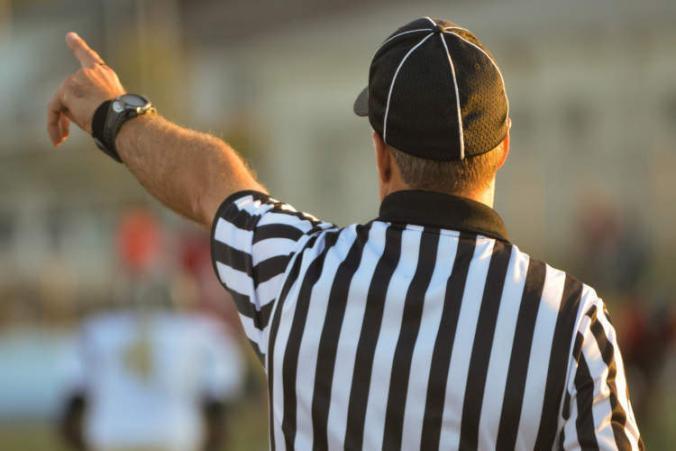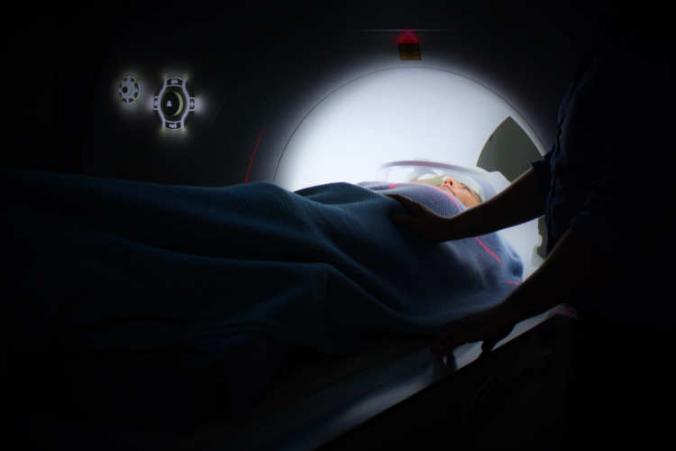Many employers in Washington State pay workers’ compensation insurance premiums to the Department of Labor and Industries (or L&I in short). Washington State supports and backs L&I. However, some employers choose to go with private workers’ compensation insurance provider. Such an employer is referred to as a self-insured employer.
Who manages self-insured workers’ compensation claims?
If you were injured at work or developed an occupational disease while working for a self-insured employer, then your claim is administered by a third-party. However, L&I still oversees the entire claim administration process. L&I often uses administrative codes to help its employees govern and oversee self-insured claims.
New rules help L&I oversee workers’ compensation claims
Effective today, July 1, 2019, the administration code WAC 296-15-425 governs self-insurer communication standards. What does that mean? It means that under this WAC code, self-insurers are now required to communicate with injured workers about certain decisions in writing using L&I templates.
Self-insurers must use L&I templates to communicate with injured workers within 5 days of taking action to:
1. Calculate an injured workers wage rate (form F207-227-000);
2. Start, stop or deny compensation benefits (form F207-224-000 and form F207-225-000);
3. Accept or deny a contended condition (form F207-220-000 and form F207-221-000);
4. Authorize or deny treatment (form F207-226-000); and/or
5. Assess an underpayment or overpayment of benefits (form F207-223-000 and form F207-222-000).
Why is this important? Is it good for injured workers?
This step is incredibly helpful because templates are designed to ensure timely and accurate delivery of claim decisions. The templates also promote efficient claim processing to protect injured workers and streamline L&I’s regulatory oversight. The templates inform injured workers of the action being taken and provide them with information about their right to dispute decisions. If an injured worker disputes a self-insurer decision within 60 days, L&I will intervene and issue an order to resolve the dispute. However, the Department’s decision may always be appealed to the Board of Industrial Insurance Appeals (BIIA) if either party disagrees with it.
If a self-insurer makes a decision and there is no dispute, then L&I will not intervene. While WAC 296-15-425 changes the process for how self-insurers communicate with injured workers, it does not change the reactionary process for injured workers. Just like any claim-related decision, it is important for injured workers to review claim decisions carefully. After that, it is extremely important to dispute any decision with which they do not agree in a timely manner.


